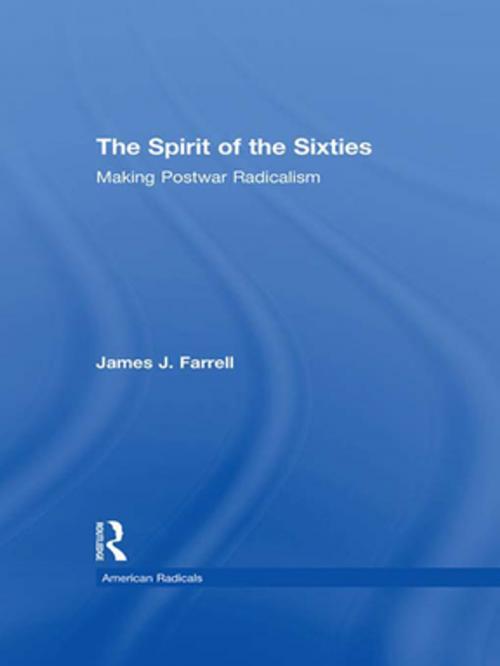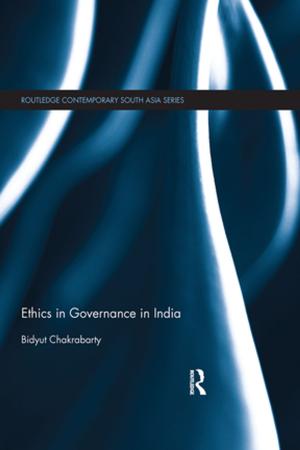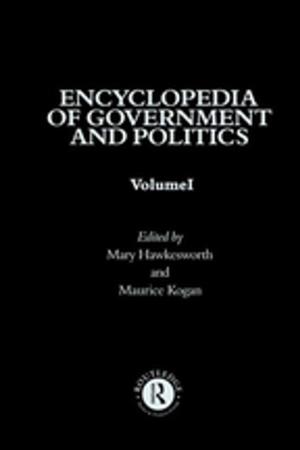| Author: | James J. Farrell | ISBN: | 9781136664984 |
| Publisher: | Taylor and Francis | Publication: | October 18, 2013 |
| Imprint: | Routledge | Language: | English |
| Author: | James J. Farrell |
| ISBN: | 9781136664984 |
| Publisher: | Taylor and Francis |
| Publication: | October 18, 2013 |
| Imprint: | Routledge |
| Language: | English |
The Spirit of the Sixties explains how and why the personal became political when Sixties activists confronted the institutions of American postwar culture.
The Spirit of the Sixties uses political personalism to explain how and why the personal became political when Sixties activists confronted the institutions of American postwar culture. After establishing its origins in the Catholic Worker movement, the Beat generation, the civil rights movement, and Ban-the-Bomb protests, James Farrell demonstrates the impact of personalism on Sixties radicalism.
Students, antiwar activists and counterculturalists all used personalist perspectives in the "here and now revolution" of the decade. These perspectives also persisted in American politics after the Sixties. Exploring the Sixties not just as history but as current affairs, Farrell revisits the perennial questions of human purpose and cultural practice contested in the decade.
The Spirit of the Sixties explains how and why the personal became political when Sixties activists confronted the institutions of American postwar culture.
The Spirit of the Sixties uses political personalism to explain how and why the personal became political when Sixties activists confronted the institutions of American postwar culture. After establishing its origins in the Catholic Worker movement, the Beat generation, the civil rights movement, and Ban-the-Bomb protests, James Farrell demonstrates the impact of personalism on Sixties radicalism.
Students, antiwar activists and counterculturalists all used personalist perspectives in the "here and now revolution" of the decade. These perspectives also persisted in American politics after the Sixties. Exploring the Sixties not just as history but as current affairs, Farrell revisits the perennial questions of human purpose and cultural practice contested in the decade.















